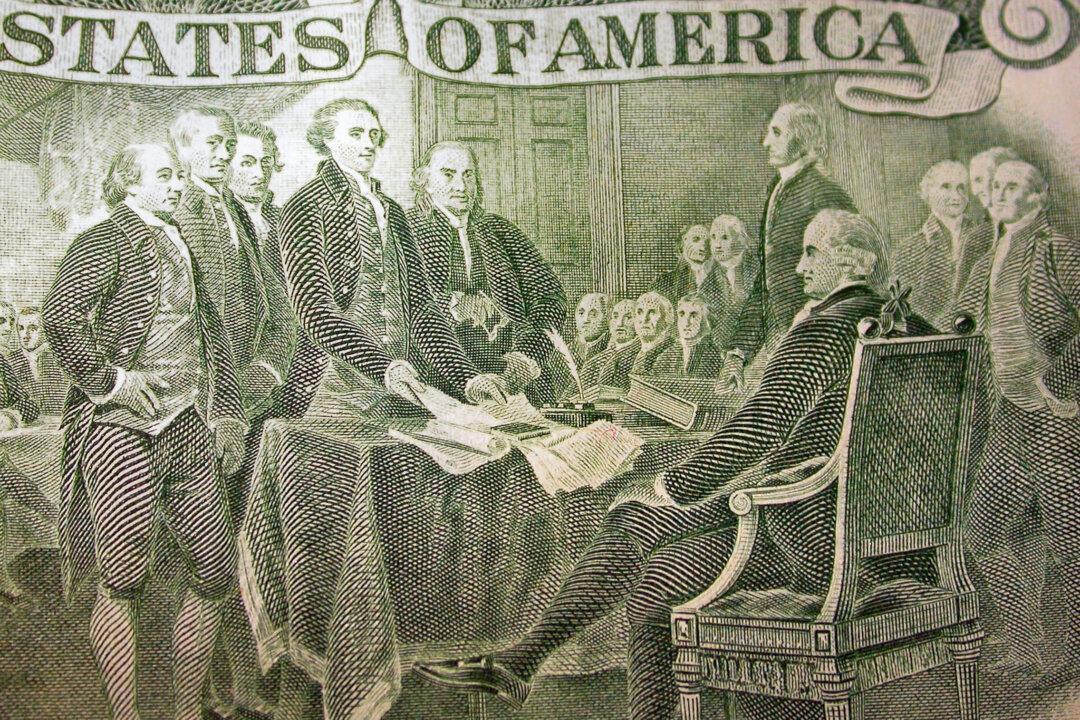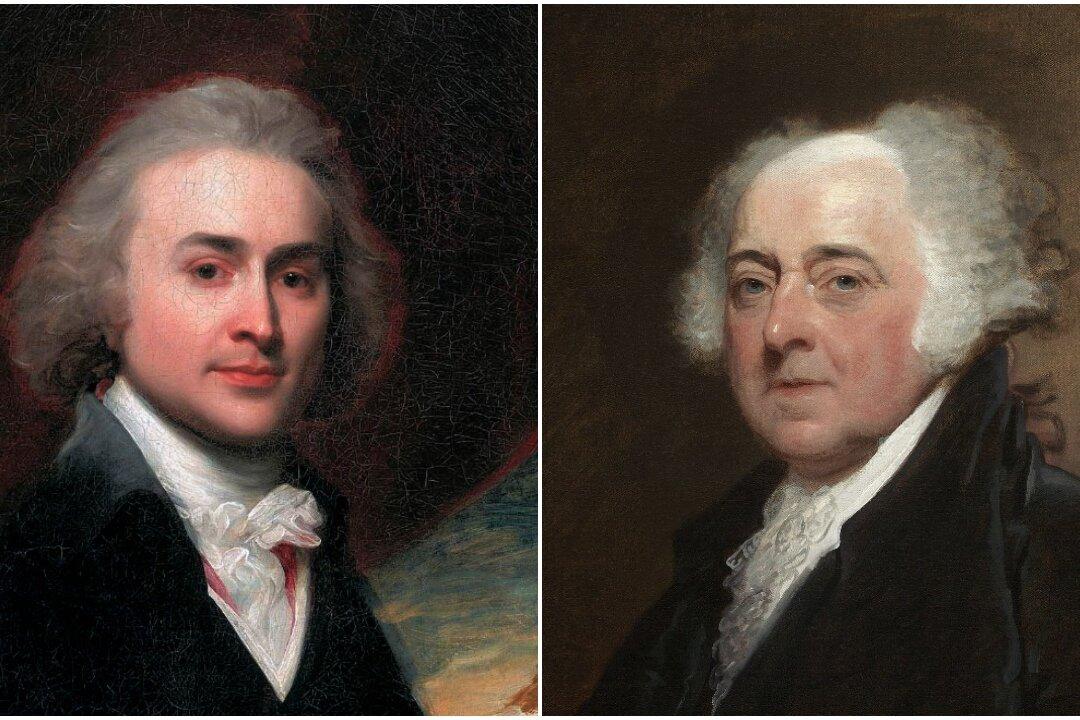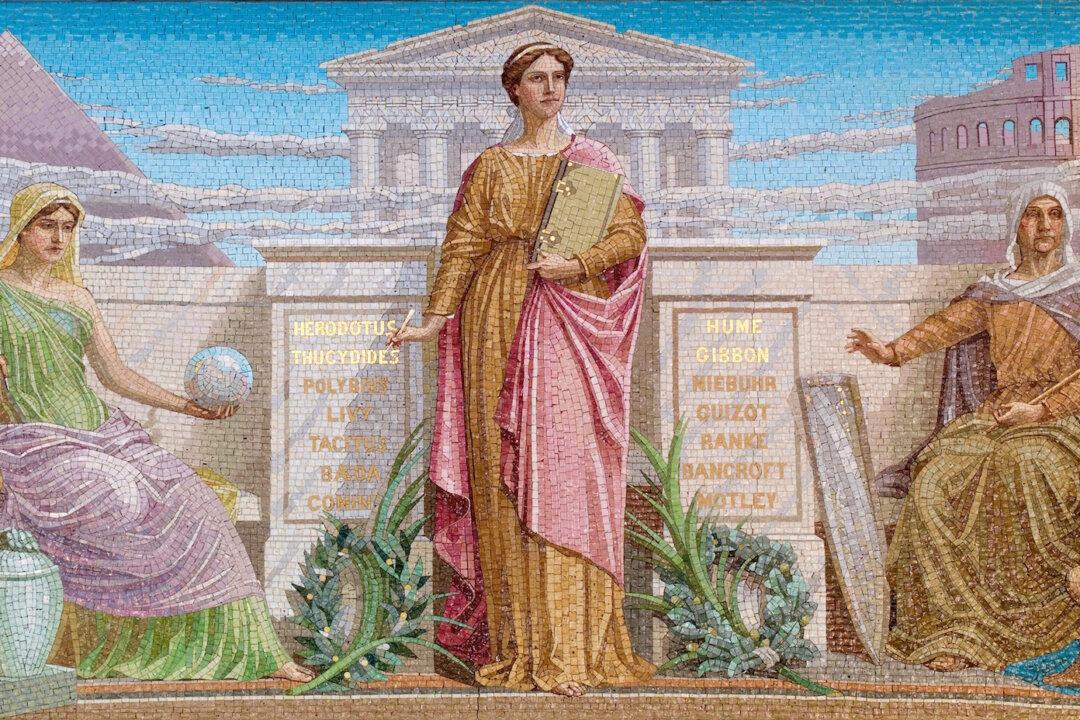The Founding Fathers of the United States were incredibly wise men, even with their flaws. And in their wisdom, they provided many prescient warnings that we, their posterity, ought to remember.
I have often called them the “Founding Prophets” for this reason. Few sensations can approximate that of reading words written hundreds of years ago that nonetheless seem as relevant—oftentimes more so—than the latest commentary of today.





